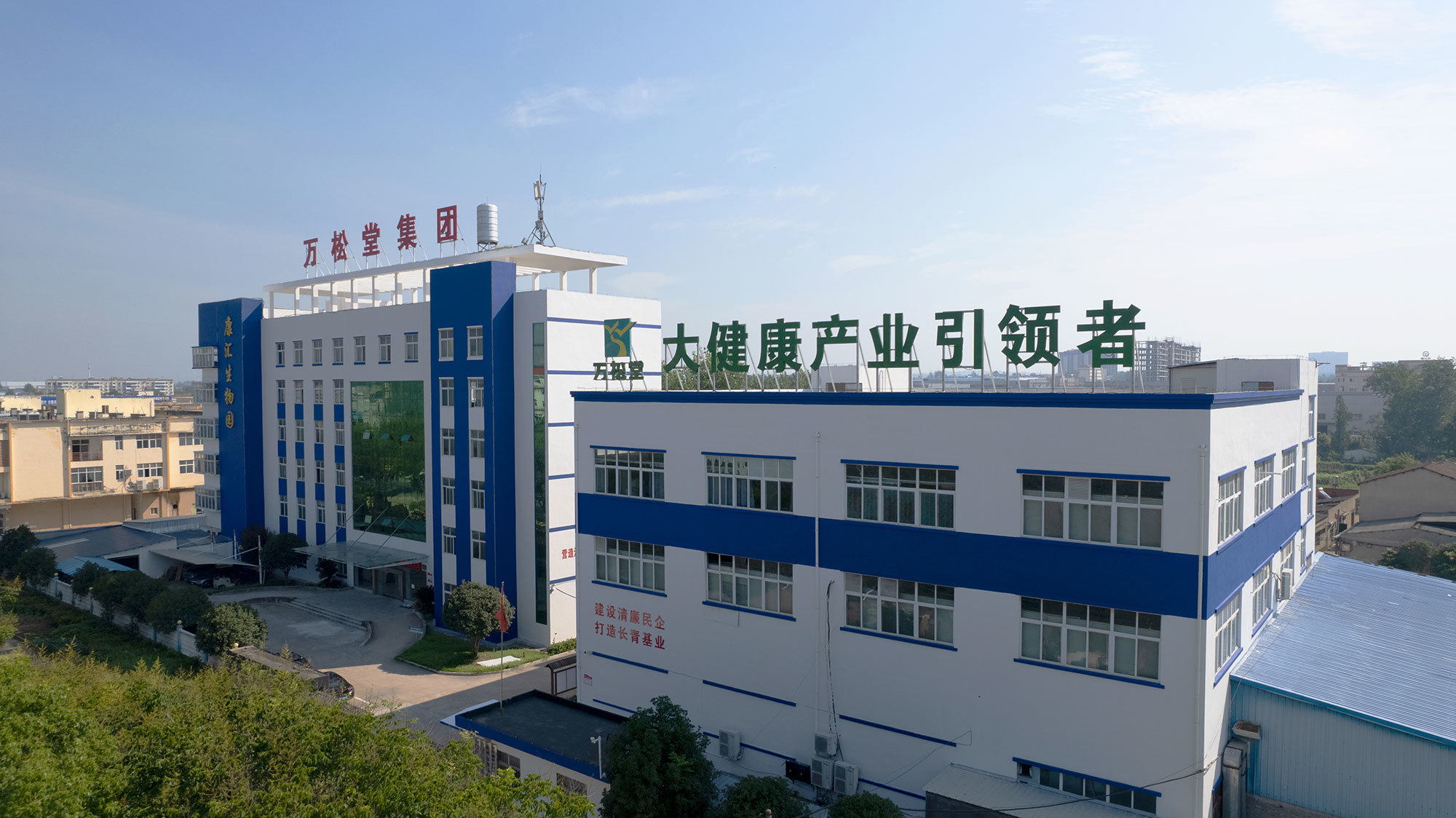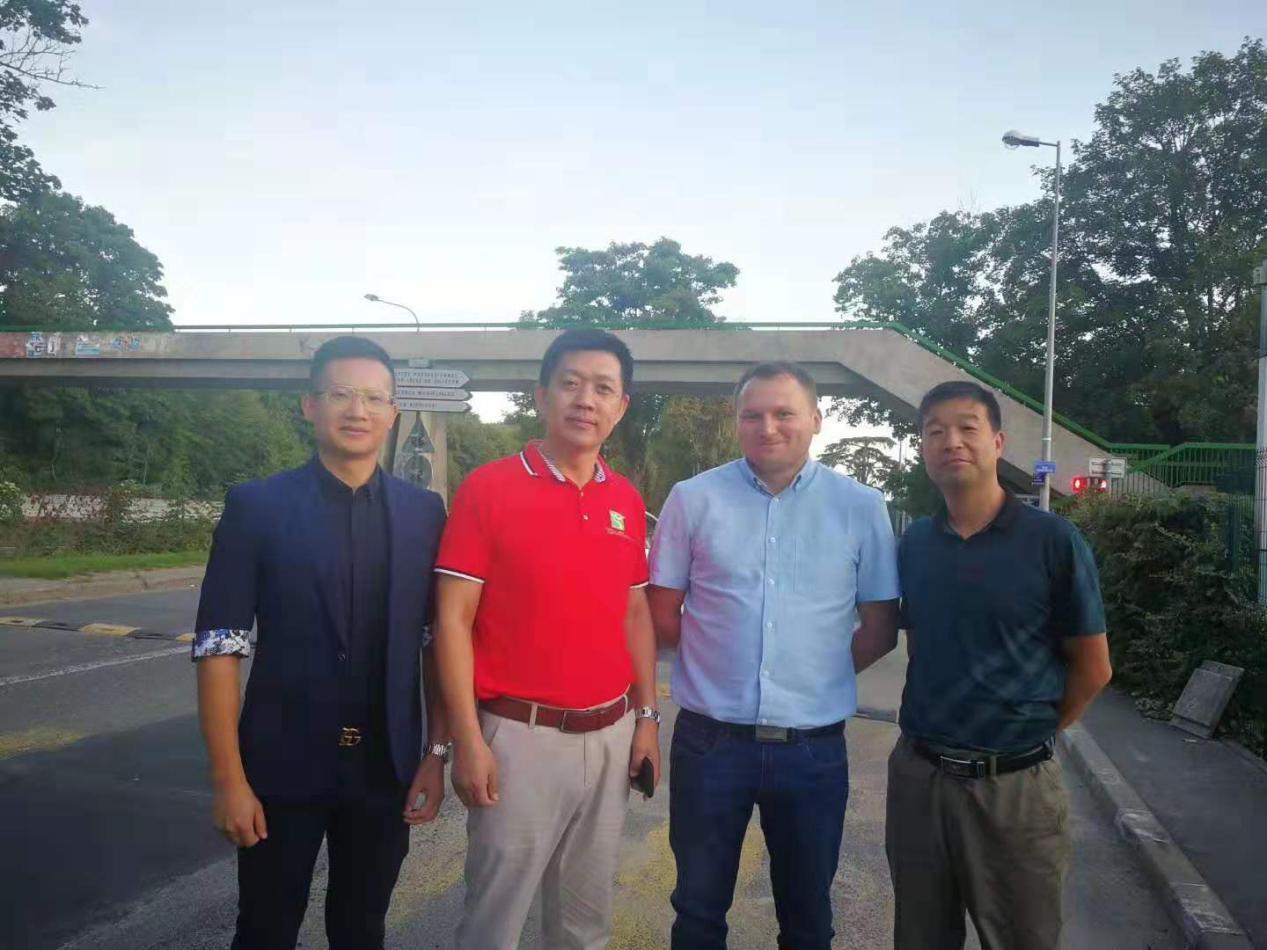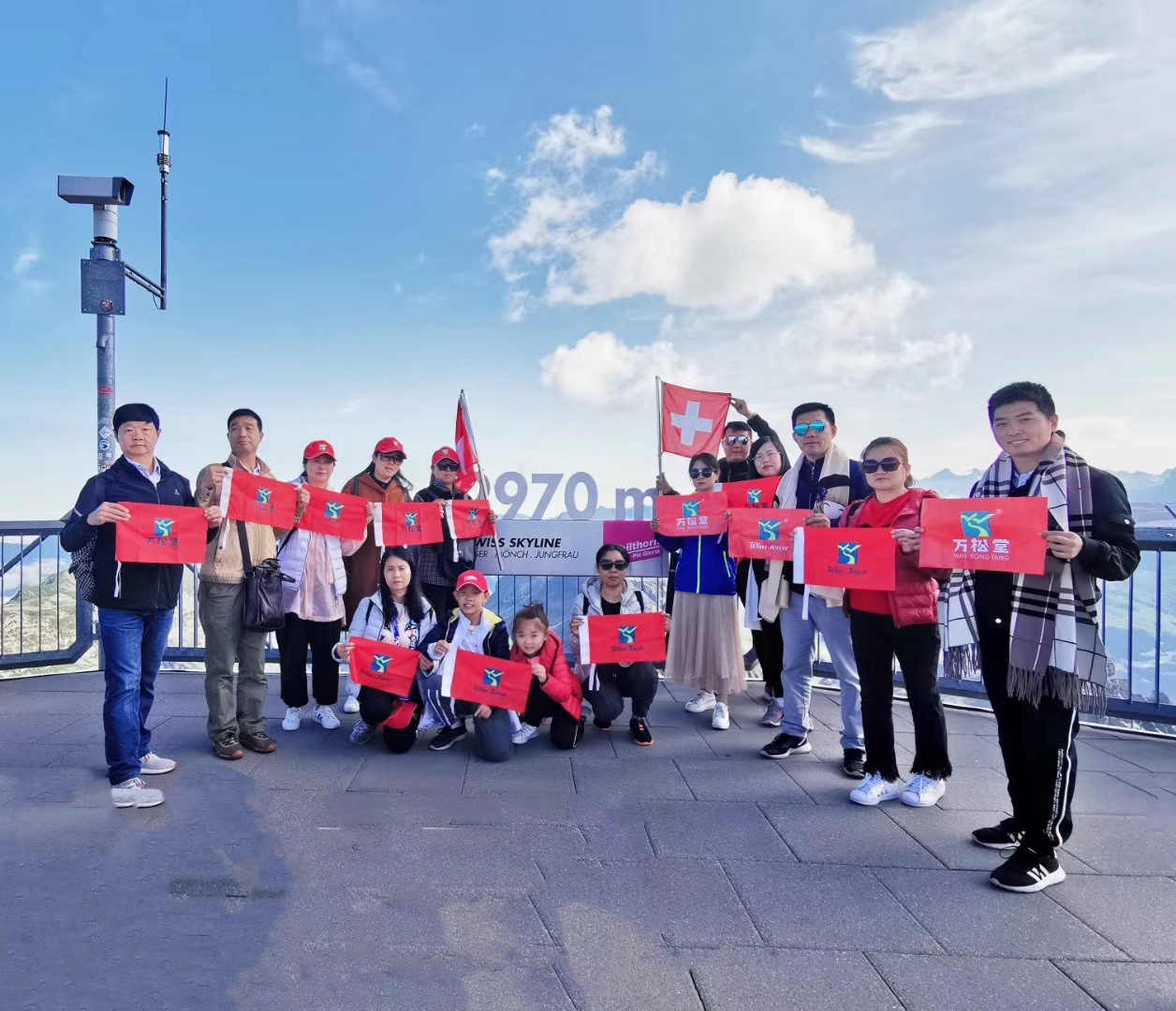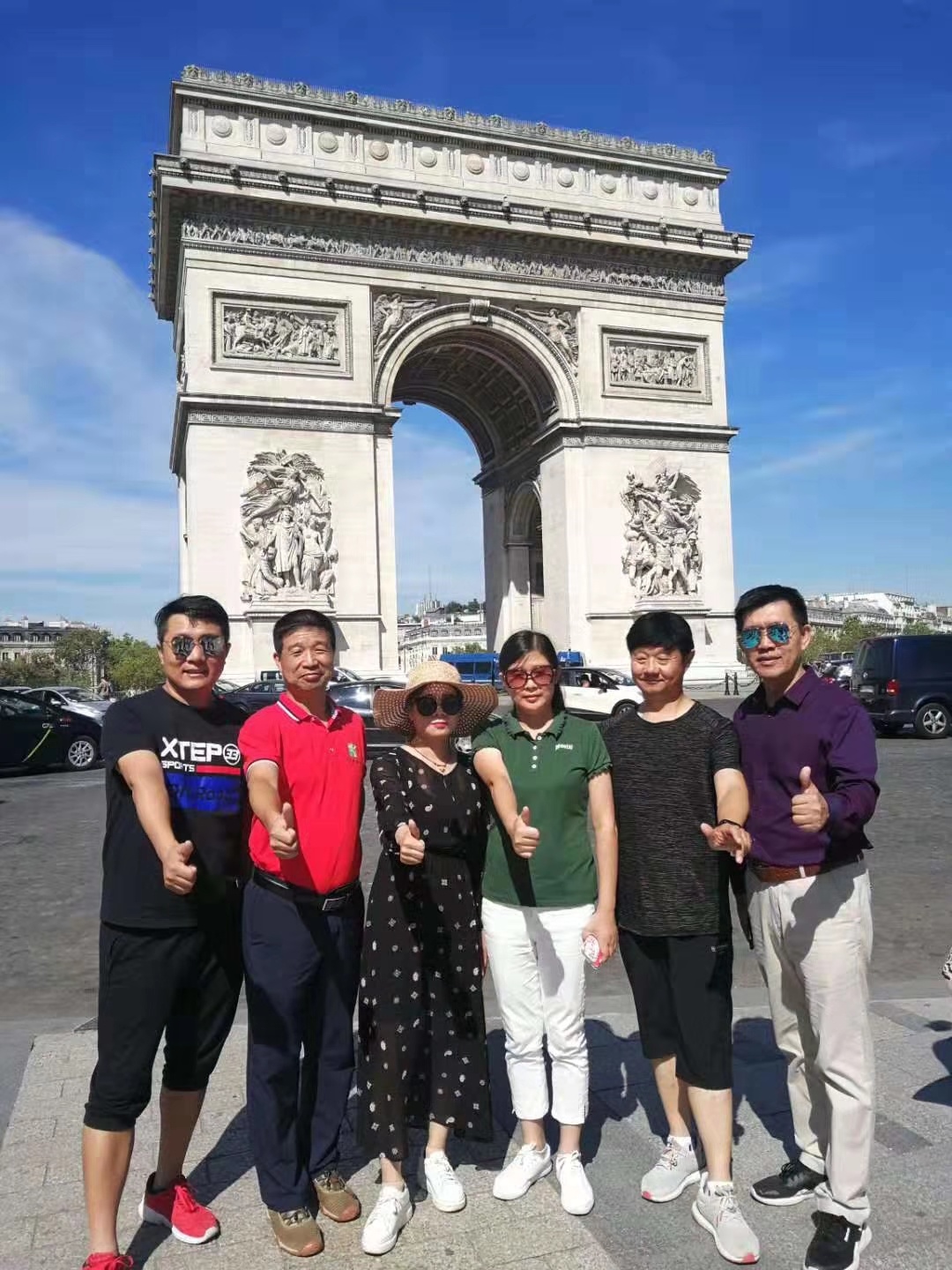The Belt and Road Initiative is a blue ocean, a brief overview of Wansongtang Group's exports.
Release time:2025-01-07
Wansongtang Health Group is a high-tech enterprise specializing in the big health industry, with more than ten branches in Hainan, Shanghai, Wuhan, Guangzhou, Hong Kong, Singapore, Australia, etc. Its products cover health food, special dietary food, flavored tea products, solid beverages, convenience foods, candy products, medical devices, etc. More than 90% of the products are exported to Europe, America, Africa, the Middle East, Southeast Asia, South America, and other countries through foreign trade and cross-border e-commerce.

In recent years, changes in the external environment have affected food processing enterprises, leading to a slowdown in industry growth, declining profits, and operational difficulties for companies. Sales in supermarkets, the main sales channel for food, have been continuously declining, online e-commerce traffic costs have increased, and emerging business formats generally use price as the main promotional means, creating new challenges for food companies.
To avoid chaotic competition in the domestic industry, Wansongtang began to layout the overseas market more than a decade ago. Before 2012, there were always Chinese agents exporting the company's products, but the proportion accounted for was not large, only about 10% of annual sales, and most of them were still private label customizations.大,仅占全年销售的10%左右,而且大多都还是贴牌定制。
In 2013, Wansongtang officially went overseas, participating in food exhibitions in Africa, Southeast Asia, Japan, and other countries, and observing the sales situation of similar products in their supermarket channels.

After returning to China, the company developed more than 20 English self-branded tea products based on market demand and began promoting them on e-commerce platforms. Later, it also made a splash at the Canton Fair and expanded to international sales platforms such as Alibaba International Station.A major client from South Africa sent representatives from the local drug supervision bureau to guide the company in factory inspections, initiating a more standardized production process.
To facilitate smoother export sales, Wansongtang successively handled export customs registration, obtained international certifications such as ISO9001, ISO22000, HACCP, halal certification, US FDA certification, CGMP certification, etc. On one hand, it actively developed domestic export intermediaries, including seeking cooperative agents in cities with early foreign trade development such as Yiwu, Shanghai, Shenzhen, Guangzhou, and Beijing to gain market share. On the other hand, direct contracts with foreign clients also continued to develop, with the export share gradually increasing from 10% to 20%, 30%, 40%. Every year, dozens of foreign clients come to the company to negotiate orders.
In 2020, the sudden pandemic did not hinder the continued growth of Wansongtang's foreign trade exports. On the contrary, there was greater trust and recognition of China's traditional medicine theory and the tea and medicine culture by foreign countries. By 2022, the company's exports surged to a peak of 70% of sales, showing a very promising sales momentum.

In the process of dealing with foreign merchants, Wansongtang also discovered more business opportunities and timely developed products more suitable for local markets, such as functional coffee, protein powder, and dietary supplement gummies. At the same time, for other product categories in demand, it directly "buys nationwide and sells globally," such as pet supplies, health equipment, beauty products, and external medical devices.
To avoid foreign exchange receipt risks, the company directly registered overseas branches. To expand into larger markets, the company continuously participated in trade exhibitions in Singapore, Indonesia, the UAE, Russia, and the United States. To establish brand image, the company registered trademarks and patents in multiple countries. To occupy major markets in Africa, the company continuously conducted inspections in East Africa, West Africa, and South Africa, and contacted local government departments for product registration through Chinese business associations. To ensure faster product delivery and circulation, the company established overseas warehouses. To facilitate communication with foreign merchants, the company trained business personnel in English communication and registered overseas chat communication software. As a result, by the end of 2024, export trade accounted for 90% of total sales, reaching nearly 30 million US dollars, becoming a truly export-oriented enterprise.

Focusing on exports, the country laid out plans early on, from joining the World Trade Organization to proposing the Belt and Road Initiative, and promoting dual circulation of domestic and international markets. From the Canton Fair, the Import Expo, border trade fairs to government-organized overseas missions, China's import and export trade has grown larger, becoming the largest or second-largest trading partner for many countries. Many foreign trade companies "buy nationwide and sell globally," thriving and driving the vigorous development of the cross-border e-commerce industry, providing new channels for food companies to expand into international markets. Research shows that the food industry in Suizhou, which has grown strong, is closely related to exports, such as edible fungi, mushroom sauce, tea, and pickles, all being leaders in the Suizhou business community. Therefore, for the food industry to achieve significant breakthroughs, it must target the international market and actively expand large export businesses.
The world is vast, and the Belt and Road Initiative is a blue ocean!
Next Page
Related News


